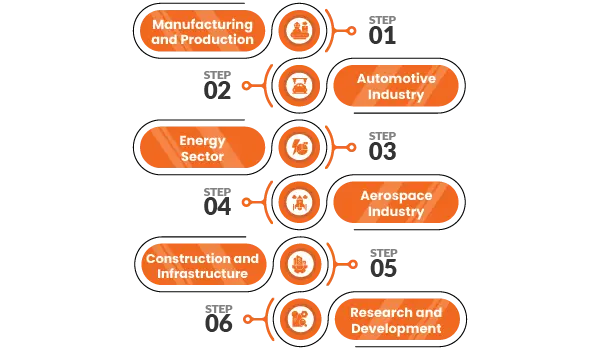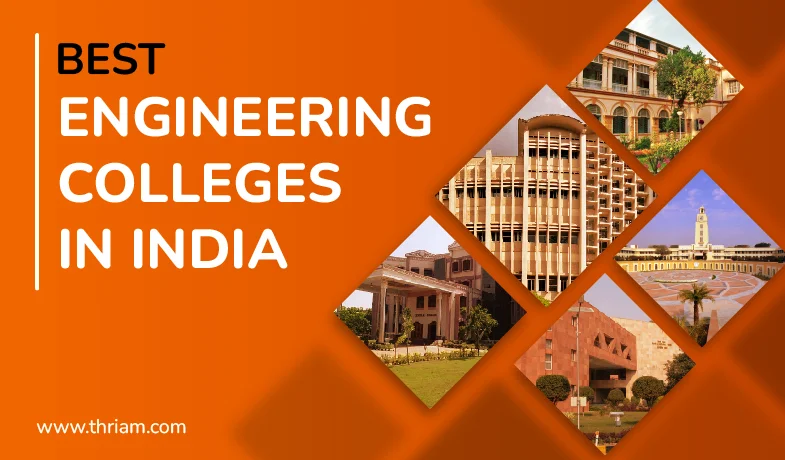Unveiling the Path to Success: Exploring Career Opportunities in Mechanical Engineering in India

Mechanical engineering is a domain that blends creativity, critical thinking, and technical knowledge, making it a sought-after career choice for many aspiring engineers in India. With the nation's rapid industrialization and technological advancements, the field of mechanical engineering has witnessed exponential growth, offering diverse and rewarding career opportunities. In this blog, we will explore the exciting world of mechanical engineering in India, uncovering the educational requirements, job prospects, salary expectations, and future growth prospects.
I. The Significance of Mechanical Engineering in India:
Historical Evolution and Influence:
The roots of mechanical engineering in India can be traced back to the Industrial Revolution, where the field played a crucial role in transforming the nation's manufacturing landscape. Today, mechanical engineering continues to be a driving force behind India's economic growth, contributing to key sectors such as manufacturing, automotive, energy, aerospace, construction, and research.
Enabling Industrial Growth:
Mechanical engineers play a pivotal role in designing, developing, and improving machinery, tools, and systems that are essential for production and manufacturing processes. Their expertise is crucial in optimizing efficiency, ensuring quality control, and enhancing productivity across various industries.
II. Educational and Skill Requirements:
Academic Qualifications:
To embark on a successful career in mechanical engineering in India, it is essential to acquire a bachelor's degree in Mechanical Engineering from a recognized institute or university. Depending on individual interests and career objectives, pursuing postgraduate studies or specialized certifications can further enhance career prospects.
Key Skills and Attributes:
Apart from academic qualifications, certain skills are instrumental in excelling as a mechanical engineer. These include strong problem-solving abilities, analytical thinking, attention to detail, creativity, effective communication, teamwork, adaptability, and a passion for innovation.
III. Diverse Job Opportunities in Mechanical Engineering:

Manufacturing and Production:
Mechanical engineers are highly sought after in the manufacturing sector, where they contribute to the efficient production of goods through optimizing processes, automation, and ensuring product quality.
Automotive Industry:
With the rapid growth of the automotive sector in India, mechanical engineers find ample opportunities in areas such as research and development, design, manufacturing, testing, and maintenance of automobiles and their components.
Energy Sector:
As the nation strives towards cleaner and more sustainable energy sources, mechanical engineers have a vital role to play. Opportunities exist in designing, developing, and handling energy systems, renewable energy technologies, and energy management.
Aerospace Industry:
With India's ambitious space programs and the growing aviation sector, mechanical engineers can explore careers in aircraft design, propulsion systems, structural analysis, space technology, and satellite development.
Construction and Infrastructure:
Mechanical engineers contribute to the design and implementation of sustainable HVAC systems, efficient building designs, infrastructure development, project management, and optimization of resources, ensuring environmental friendliness and structural integrity.
Research and Development:
Mechanical engineering offers exciting prospects in research and development. Engineers can work on cutting-edge technologies, developing innovative products, exploring new materials, and pushing the boundaries of scientific knowledge.
IV. Salary and Growth Prospects:

Average Salary Range:
The salary range for mechanical engineers in India varies depending on factors like education, experience, industry, role, and location. On average, mechanical engineers in India can expect a starting salary of approximately ₹4-6 lakhs per annum, which can increase significantly with experience and expertise.
Career Advancement:
With the right skills, experience, and continuous learning, mechanical engineers can progress into managerial and leadership roles, leading teams and projects. In addition, there are ample opportunities for entrepreneurship and consultancy, allowing engineers to chart their own path and explore new horizons.
V. Challenges and Future Outlook:
Overcoming Challenges:
Mechanical engineers in India face challenges such as adapting to rapidly changing technological landscapes, keeping up with industry trends, and navigating a competitive job market. However, these challenges can be overcome through continuous learning, upskilling, networking, and embracing emerging technologies.
Future Prospects:
The future of mechanical engineering in India looks promising. The rise of automation, robotics, artificial intelligence, sustainable technologies, and Industry 4.0 opens new avenues for mechanical engineers. Professionals who can leverage these advancements and remain agile will have an edge in the job market.
VI. Conclusion:
Mechanical engineering in India offers a vast canvas of opportunities for passionate individuals who are eager to contribute to the nation's industrial growth and technological advancements. By pursuing a career in mechanical engineering, one becomes part of a prominent field that shapes crucial sectors, fuels innovation, and drives economic development. Embrace the challenges, acquire the necessary skills, and keep up with changing trends to unlock a world of endless possibilities that mechanical engineering has to offer in India.



